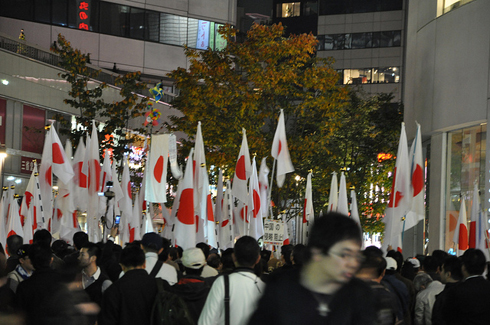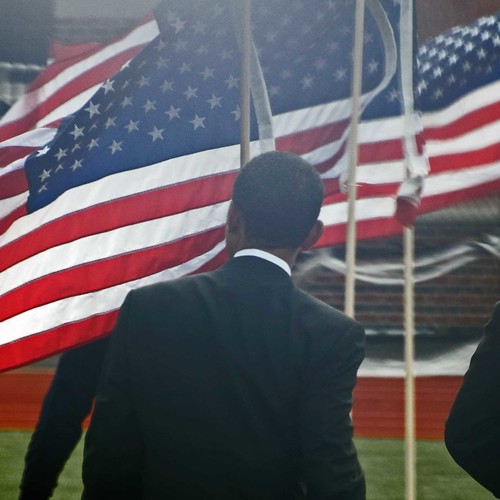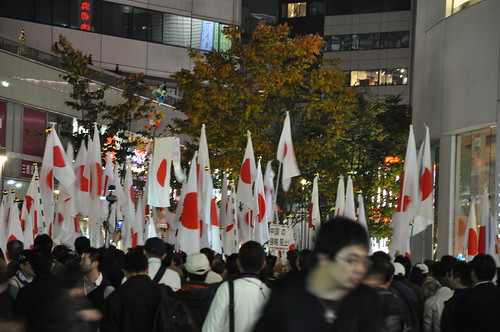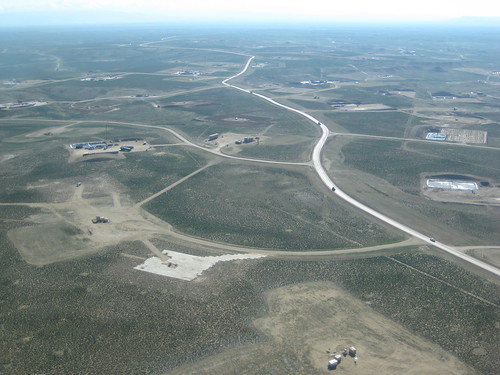
طوكيو ــ احتلت اليابان العناوين الرئيسية في وسائل الإعلام مؤخرا، بسبب نزاعها مع الصين حول جزر قاحلة لا تتجاوز مساحتها ستة كيلومترات مربعة في بحر الصين الشرقي، والتي تسميها اليابان جزر سينكاكو في حين تسميها الصين جزر دياويو. وترجع هذه المطالبات المتنافسة إلى أواخر القرن التاسع عشر، ولكن اشتعالها مؤخرا، والذي أدى إلى اندلاع مظاهرات حاشدة مناهضة لليابان، بدأ في سبتمبر/أيلول عندما اشترت حكومة اليابان ثلاث من هذه الجزر الضئيلة من مالكيها اليابانيين.
ولقد أعلن رئيس الوزراء يوشيهيكو نودا إنه قرر شراء الجزر لصالح الحكومة المركزية لمنع محافظ طوكيو شينتارو إيشيهارا من شرائها بأموال تابعة للمجلس المحلي. ومن المعروف عن إيشيهيرا، الذي استقال من منصبه منذ ذلك الوقت لتأسيس حزب سياسي جديد، استفزازاته القومية، ولقد خشي نودا أن يحاول إيشيهارا احتلال الجزر أو البحث عن سبل أخرى لاستخدام الجزر كأداة لاستفزاز الصين وكسب التأييد الشعبي في اليابان. ولكن كبار المسؤولين الصينيين لم يقبلوا مبررات نودا، وفسروا شراء الجزر باعتباره دليلاً يؤكد أن اليابان تحاول تعكير صفو الوضع الراهن.
في شهر مايو/أيار 1972، عندما أعادت الولايات المتحدة جزيرة أوكيناوا إلى اليابان، اشتمل نقل السلطة على جزر سينكاكو، التي كانت الولايات المتحدة تديرها من أوكيناوا. وبعد بضعة أشهر، عندما بدأت الصين واليابان في تطبيع العلاقات بينهما بعد الحرب العالمية الثانية، سأل رئيس الوزراء الياباني كاكوي تاناكا نظيره الصيني تشو إن لاي عن جزر سينكاكو، فقيل له إن القضية لابد أن تترك للأجيال القادمة بدلاً من السماح للنزاع بتعطيل عملية التطبيع.



